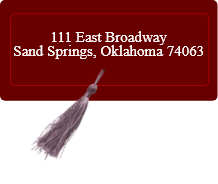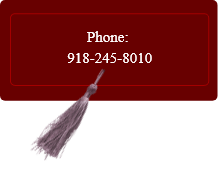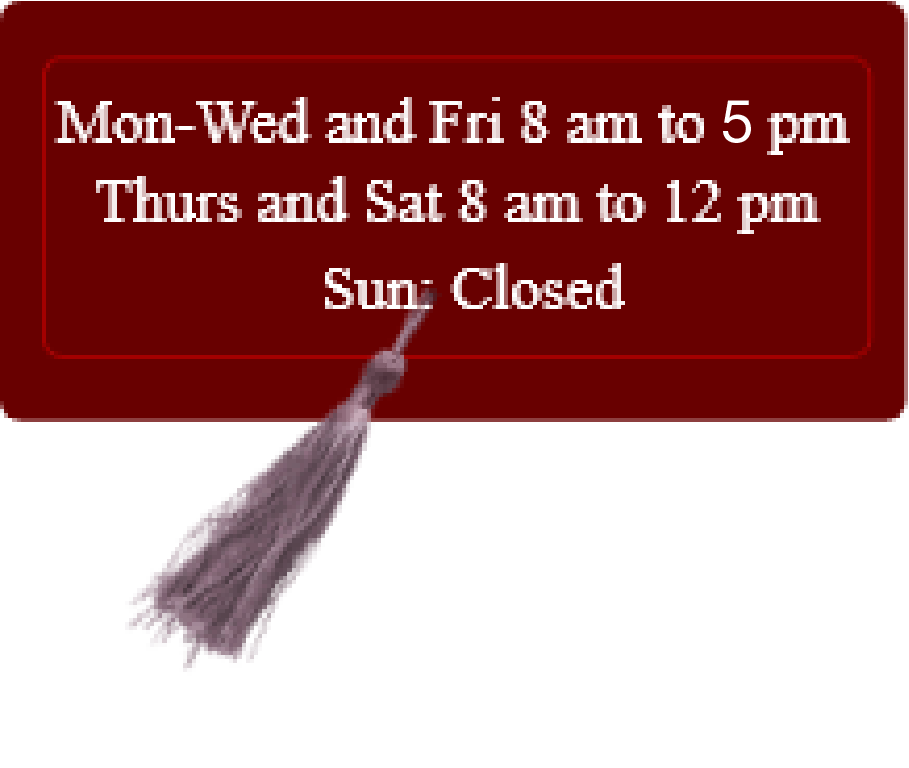
Pets are like children and sometimes emergencies will arise. At Rankin Veterinary Hospital PC, Dr. Rankin can accommodate most emergencies during office hours.
Please call ahead at (918)245-8010 to make sure Dr. Rankin is available and if he is not available there are two full time emergency clinics in Tulsa. On the opposite page is their contact information.
Emergencies occur in many forms and the list from the American Veterinary Medical Association below includes some instances where an emergency situation should be considered.
- Severe bleeding or bleeding that doesn’t stop within five minutes
- Choking, difficulty breathing or nonstop coughing and gagging
- Bleeding from nose, mouth, rectum, coughing up blood, or blood in urine
- Inability to urinate or pass feces (stool), or obvious pain associated with urinating or passing stool
- Injuries to your pet’s eye(s)
- You suspect or know your pet has eaten something poisonous (such as antifreeze, xylitol, chocolate, rodent poison, etc.)
- Seizures and/or staggering
- Fractured bones, severe lameness or inability to move leg(s)
- Obvious signs of pain or extreme anxiety
- Heat stress or heatstroke
- Severe vomiting or diarrhea
- Refusal to drink for 24 hours or more
- Unconsciousness
The ASPCA maintains a round the clock Poison Control Center. It is a fee based service and the phone number is: (888) 426-4435
Full Time Emergency Clinics:
Animal Emergency Center
4055 South 102 East Avenue
Tulsa, OK 74146
(918)665-0508
https://aectulsa.com/
Oklahoma Veterinary Specialist
1501 West 78 Street South
Tulsa, OK 74132
(918)299-4900
https://okvets.com/

Pets are like children and sometimes emergencies will arise. At Rankin Veterinary Hospital PC, Dr. Rankin can accommodate most emergencies during office hours.
Please call ahead at (918)245-8010 to make sure Dr. Rankin is available and if he is not available there are two full time emergency clinics in Tulsa. On the opposite page is their contact information.
Emergencies occur in many forms and the list from the American Veterinary Medical Association below includes some instances where an emergency situation should be considered.
- Severe bleeding or bleeding that doesn’t stop within five minutes
- Choking, difficulty breathing or nonstop coughing and gagging
- Bleeding from nose, mouth, rectum, coughing up blood, or blood in urine
- Inability to urinate or pass feces (stool), or obvious pain associated with urinating or passing stool
- Injuries to your pet’s eye(s)
- You suspect or know your pet has eaten something poisonous (such as antifreeze, xylitol, chocolate, rodent poison, etc.)
- Seizures and/or staggering
- Fractured bones, severe lameness or inability to move leg(s)
- Obvious signs of pain or extreme anxiety
- Heat stress or heatstroke
- Severe vomiting or diarrhea
- Refusal to drink for 24 hours or more
- Unconsciousness
The ASPCA maintains a round the clock Poison Control Center. It is a fee based service and the phone number is: (888) 426-4435
Full Time Emergency Clinics:
Animal Emergency Center
4055 South 102 East Avenue
Tulsa, OK 74146
(918)665-0508
Oklahoma Veterinary Specialist
1501 West 78 Street South
Tulsa, OK 74132
(918)299-4900















